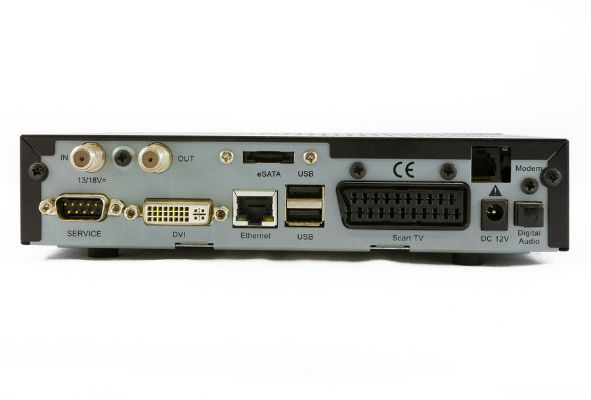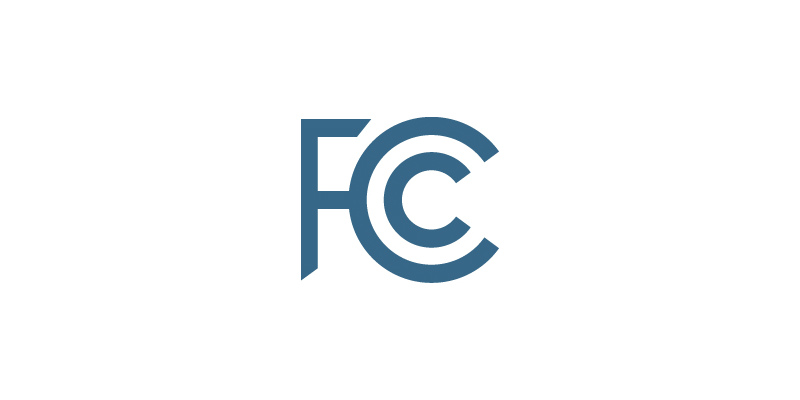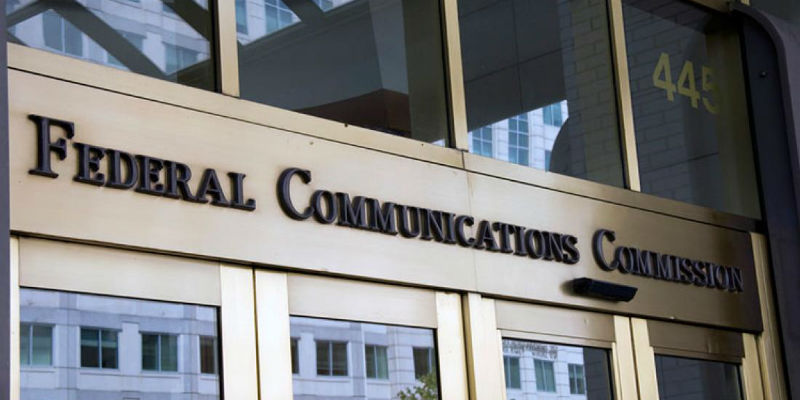The FCC has initiated a rulemaking proceeding aimed at promoting the availability of navigation devices used to access video programming from sources unaffiliated with video services distributors. The widespread reliance on Internet protocol in delivering video programming to homes and in controlling set top boxes provided by MVPDs to access these services has provided an opportunity for the FCC to step in and establish rules that will encourage equipment manufacturers to offer alternatives to the set top equipment leased from MVPDs. The FCC cites to surveys that indicate that 99% of customers rent their set top boxes directly from their MVPD with the average American household spending more than $231 per year on set top rental fees. From this the FCC concludes that the market for navigation devices is not competitive. The framework proposed by the FCC would require MVPDs to offer three flows of information, using any published, transparent format that conforms to specifications set by open standards bodies. These three information flows are: (1) service discovery (information about what programming is available to the consumer, such as the channel listing and video-on-demand lineup, and what is on those channels), (2) entitlements (information about what a device is allowed to do with content, such as record it), and (3) content delivery (the video programming itself, along with information necessary to make the programming accessible to persons with disabilities). MVPDs would also be required to support at least one content protection system to protect its multichannel video programming that is licensable on reasonable and nondiscriminatory terms by an organization that is not affiliated with MVPDs. Devices using the information flows from the MVPD would be required to ensure that public interest requirements involving emergency alerts, consumer privacy, and children’s programming advertising limits continue to be met in order to operate. The Commission proposes to exempt from these rules all cable operators that provide only analog services.








